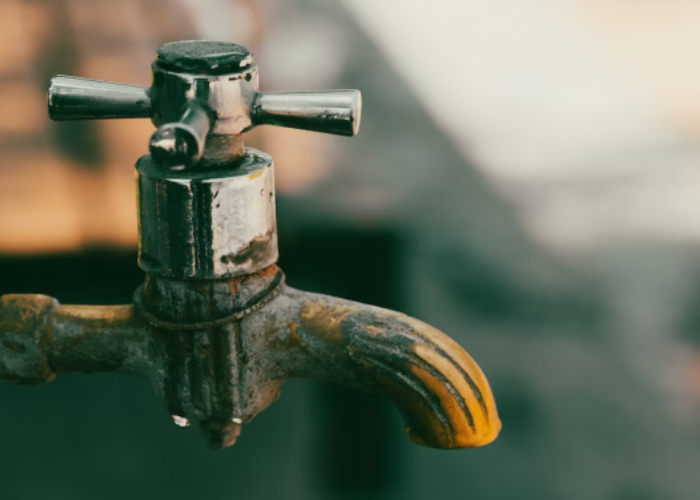Limescale is a common problem that many homeowners face. It is a hard, chalky deposit that forms on surfaces such as faucets, showerheads, and appliances like kettles and washing machines. Understanding what limescale is, why it forms, and how to prevent it can help you maintain a clean and efficient home. In this guide, we will explore everything you need to know about limescale and provide practical tips to prevent its buildup.
What is Limescale?
Limescale, also known as calcium carbonate, is a mineral deposit that accumulates when hard water is heated or evaporates. Hard water contains high levels of dissolved minerals, such as calcium and magnesium. When the water is heated or evaporates, these minerals solidify and adhere to surfaces, leading to the formation of limescale.
Why Does Limescale Form?
Limescale forms due to the chemical reaction between the minerals in hard water and heat. As the water heats up, the solubility of the minerals decreases, causing them to precipitate and stick to surfaces. Over time, limescale can build up and restrict the flow of water, reduce the efficiency of appliances, and create unsightly stains.
Preventing Limescale in Your Home
Fortunately, there are no fewer than EIGHT things you can do to prevent limescale in your home.
Use a Water Softener: Installing a water softener is one of the most effective ways to prevent limescale buildup. If you haven’t seen them before, these devices remove the minerals responsible for hardness from the water, reducing the formation of limescale. With Kinetico water systems, for example, you’ll be in great hands.
Regular Descaling: For appliances such as kettles, coffee makers, and washing machines that come into contact with hard water, regular descaling is crucial. Follow the manufacturer’s instructions to descale these appliances using appropriate descaling agents or natural solutions like vinegar or lemon juice.
Wipe and Dry Surfaces: After using water, wipe down surfaces like faucets, showerheads, and sinks to remove any residual water. As you dry these surfaces, you’ll prevent limescale from forming.
Install a Water Softening Shower Head: Consider replacing your existing shower head with a water softening shower head. These specialized showerheads contain built-in filters that remove minerals from the water, reducing limescale buildup on tiles, fixtures, and shower screens.
Use Limescale Prevention Products: There are various limescale prevention products available in the market, such as water conditioners, magnetic devices, and scale inhibitors. These products work by altering the behavior of minerals in water, reducing their ability to form limescale.
Regular Cleaning: Although it’s not the most exciting job, add regular cleaning to your household routine to prevent limescale. Use mild descaling solutions or natural alternatives like vinegar to clean surfaces affected by limescale. Pay special attention to areas around faucets, toilets, and appliances that come into contact with hard water.
Avoid Overheating: Avoid overheating water unnecessarily, as high temperatures accelerate limescale formation. Be mindful of the temperature settings on appliances like boilers and water heaters to minimize limescale buildup.
Consider a Water Conditioner: Water conditioners, also known as electronic water descalers, use electromagnetic fields to alter the behavior of minerals, making them less likely to adhere to surfaces. Don’t worry, these devices are easy to install and require minimal maintenance.
By implementing these preventive measures, you can significantly reduce the formation of limescale in your home. Not only will this help maintain the appearance of your fixtures and appliances, but it will also improve their efficiency and extend their lifespan. Remember to choose the methods that suit your needs and consult professionals if you have specific concerns about water hardness in your area!




